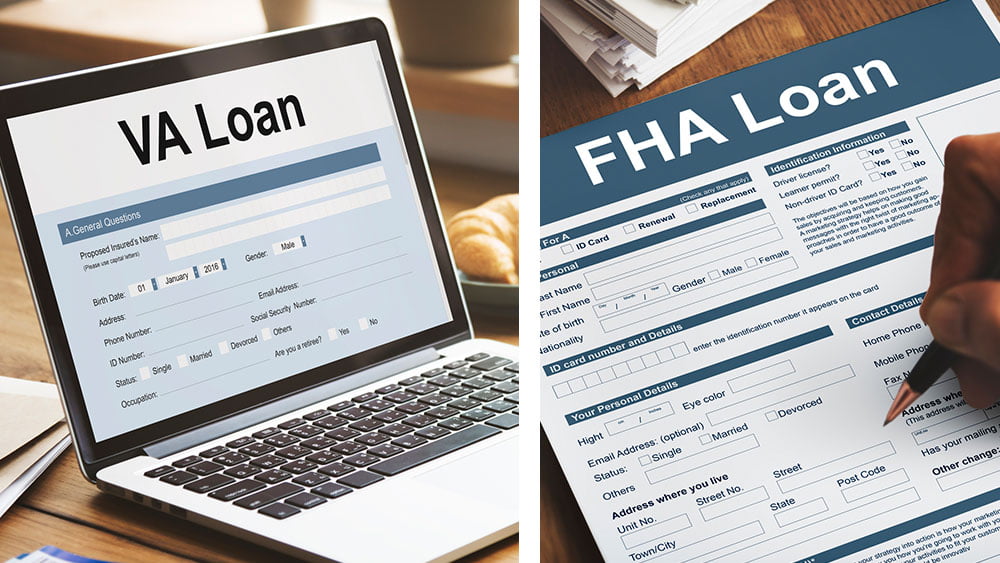The path to homeownership can be a winding road filled with choices and considerations at every turn. Two prominent options often stand out for veterans and first-time homebuyers: VA home loans and FHA home loans.
These government-backed mortgage programs offer unique benefits and are tailored to specific borrower profiles. Understanding the nuances of each loan type is crucial to making an informed decision that aligns with your financial goals and homeownership dreams.
Eligibility Requirements: Who Qualifies for Each Loan?
The first step in determining the right loan for you is understanding the eligibility requirements for each program.
VA Loan Eligibility
VA home loans are exclusively available to veterans, active-duty service members, National Guard and Reserve members, and select surviving spouses. To qualify, you’ll typically need:
- Certificate of Eligibility (COE): This document verifies your service history and eligibility for VA loan benefits.
- Minimum Service Requirements: These vary depending on your branch of service and whether you were on active duty, in the National Guard, or the Reserves.
- Discharge Status: Generally, you must have been discharged under conditions other than dishonorable.
FHA Loan Eligibility
FHA home loans are accessible to many borrowers, including first-time homebuyers and those with less-than-perfect credit. Key eligibility factors include:
- Credit Score: While the minimum credit score can vary, a score of 580 or higher typically allows for a 3.5% down payment.
- Down Payment: The minimum down payment for FHA loans is 3.5% of the purchase price.
- Debt-to-Income (DTI) Ratio: Your DTI ratio, which compares your monthly debt payments to your gross income, should generally be 43% or lower.
- Property Standards: The home you purchase must meet specific FHA property standards to ensure it is safe and habitable.
Financial Benefits and Costs: Understanding the Numbers
Both VA and FHA loans offer distinct financial advantages, but it’s essential to consider the associated costs.
VA Loan Benefits
- No Down Payment: One of the most significant benefits of VA loans is the ability to purchase a home with no money down in most cases.
- No Private Mortgage Insurance (PMI): Unlike conventional loans, VA loans do not require PMI, saving borrowers hundreds of dollars each month.
- Competitive Interest Rates: VA loans often have lower interest rates than conventional loans.
- Assumable Loans: qualified buyers can assume VA loans, potentially allowing them to take advantage of low interest rates.
VA Loan Costs
- VA Funding Fee: This one-time fee helps offset the cost of the VA loan program. It can be financed through a loan or paid upfront.
FHA Loan Benefits
- Lower Credit Score Requirements: FHA loans are more accessible to borrowers with lower credit scores than conventional loans.
- Smaller Down Payment: The minimum down payment requirement of 3.5% is lower than what many conventional loans require.
- Lenient Credit History Guidelines: FHA loans may be an option even if you have past credit challenges.
FHA Loan Costs
- Upfront and Annual Mortgage Insurance Premiums (MIP): These premiums are required for all FHA loans and can be added to your monthly payments.
Loan Limits and Property Types: Where and What Can You Buy?
VA and FHA loans have limits on the amount you can borrow, which can vary depending on location and property type.
VA Loan Limits
VA loan limits are based on county limits and can vary significantly across the country. These limits determine the maximum amount you can borrow without a down payment.
FHA Loan Limits
FHA loan limits are set nationally and are adjusted annually. There are separate limits for low-cost and high-cost areas.
Property Types
Both VA and FHA loans can be used to purchase primary residences. VA loans can also be used for multi-unit properties (up to four units), while FHA loans are primarily for single-family homes and approved condos.
The Application and Approval Process: What to Expect
The process for obtaining a VA or FHA loan is similar to a conventional loan, but there are some key differences.
VA Loan Process
- Pre-approval: Getting pre-approved helps you understand how much you can borrow and strengthens your offer when you find a home.
- Finding a VA-Approved Lender: Working with a lender experienced in VA loans is important.
- Appraisal and Underwriting: The VA will assess the property’s value and evaluate your financial situation to determine loan approval.
FHA Loan Process
- Pre-approval: Similar to VA loans, pre-approval helps you understand your budget and shows sellers you’re a serious buyer.
- FHA-Approved Lender: Choose a lender experienced in FHA loans to guide you through the process.
- Appraisal and Underwriting: An FHA-approved appraiser will assess the property’s value, and the lender will review your financial documents to determine your eligibility.
Which Loan is Right for You?
The best loan for you depends on your circumstances and financial goals. Consider these factors:
- Military Service: A VA loan may be the most advantageous option if you’re a veteran or active-duty service member.
- No Military Service: An FHA loan may be a good option if you are not eligible for a VA loan.
- Down Payment: A VA loan might be the way to go if you don’t have a large down payment. However, an FHA loan may be a good option if you are not eligible for a VA loan.
- Financial Goals: Consider each loan type’s long-term costs and benefits to determine which aligns with your financial plans.
Ultimately, the decision between a VA and FHA loan is personal. You can confidently choose the mortgage option that best suits your needs by carefully evaluating your eligibility, financial situation, and homeownership goals. Consulting with a mortgage professional can provide valuable guidance and ensure you make an informed choice.
© 2024 xpertRealtyMarketing.



